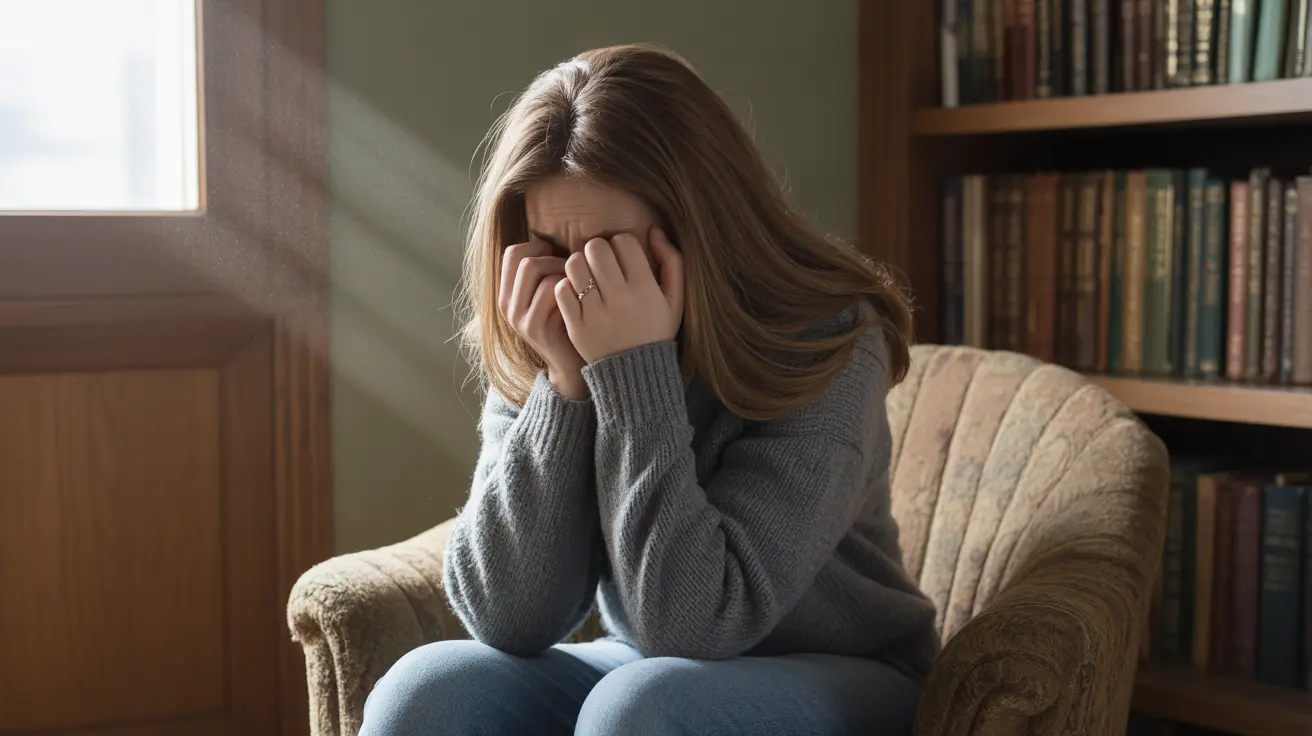Debilitating anxiety is more than just everyday stress or worry—it's an overwhelming condition that can significantly impact daily life, relationships, and overall well-being. When anxiety becomes debilitating, it can prevent individuals from performing routine tasks, maintaining relationships, or even leaving their homes. Understanding this condition is the first step toward finding effective management strategies and regaining control of your life.
In this comprehensive guide, we'll explore the key aspects of debilitating anxiety, from recognizing symptoms to understanding treatment options and implementing practical coping strategies. Whether you're experiencing these challenges yourself or supporting someone who is, this information will help you make informed decisions about seeking help and finding relief.
Recognizing the Signs of Debilitating Anxiety
Debilitating anxiety manifests through various physical, emotional, and behavioral symptoms that can significantly disrupt daily functioning. Common physical signs include:
- Rapid heartbeat or heart palpitations
- Excessive sweating
- Trembling or shaking
- Shortness of breath
- Chest tightness or pain
- Nausea or stomach issues
- Dizziness or lightheadedness
Emotional and behavioral symptoms often include:
- Persistent and uncontrollable worry
- Intense fear of specific situations
- Difficulty concentrating
- Sleep disturbances
- Avoidance behaviors
- Social withdrawal
- Racing thoughts
When to Seek Professional Help
Recognizing when anxiety has become debilitating is crucial for seeking appropriate care. Consider reaching out to a mental health professional if:
- Your anxiety interferes with daily activities
- You're avoiding important life events or responsibilities
- Physical symptoms are becoming more frequent or severe
- Your relationships or work performance are suffering
- You're developing unhealthy coping mechanisms
Treatment Approaches for Debilitating Anxiety
Professional Therapeutic Options
Several evidence-based treatments have proven effective in managing debilitating anxiety:
- Cognitive Behavioral Therapy (CBT)
- Exposure Therapy
- Acceptance and Commitment Therapy (ACT)
- Dialectical Behavior Therapy (DBT)
Medication Management
When prescribed by a healthcare provider, various medications can help manage anxiety symptoms:
- Selective Serotonin Reuptake Inhibitors (SSRIs)
- Serotonin-Norepinephrine Reuptake Inhibitors (SNRIs)
- Anti-anxiety medications (benzodiazepines)
- Beta-blockers for physical symptoms
Lifestyle Modifications and Self-Help Strategies
Complementary approaches can significantly support professional treatment:
- Regular physical exercise
- Mindfulness and meditation practices
- Stress management techniques
- Healthy sleep habits
- Balanced nutrition
- Limited caffeine and alcohol consumption
- Regular relaxation practices
Frequently Asked Questions
What are the most common symptoms of debilitating anxiety and how can I recognize them?
The most common symptoms include persistent worry, panic attacks, physical symptoms like rapid heartbeat and sweating, difficulty concentrating, sleep problems, and avoidance behaviors. These symptoms typically interfere significantly with daily activities and persist for extended periods.
How is debilitating anxiety diagnosed and when should I seek professional help?
Diagnosis typically involves a comprehensive evaluation by a mental health professional who will assess your symptoms, their duration, and impact on your life. Seek help when anxiety consistently interferes with daily functioning, relationships, or work performance, or when you develop physical symptoms that concern you.
What treatment options are effective for managing debilitating anxiety, including therapy and medication?
Effective treatments include Cognitive Behavioral Therapy (CBT), medication (such as SSRIs or anti-anxiety medications), or a combination of both. Other helpful approaches include exposure therapy, mindfulness practices, and stress management techniques. Treatment plans are typically personalized based on individual needs and symptoms.
Can lifestyle changes like exercise and meditation help reduce debilitating anxiety symptoms?
Yes, lifestyle modifications can significantly impact anxiety levels. Regular exercise releases endorphins and reduces stress, while meditation helps calm the mind and develop better emotional regulation. Other beneficial changes include maintaining a consistent sleep schedule, healthy diet, and limiting caffeine and alcohol intake.
How does cognitive behavioral therapy (CBT) work to treat debilitating anxiety?
CBT helps by identifying and changing negative thought patterns and behaviors associated with anxiety. It teaches practical strategies to challenge anxious thoughts, develop coping mechanisms, and gradually face feared situations. CBT typically includes homework assignments and skill-building exercises to practice between sessions.




